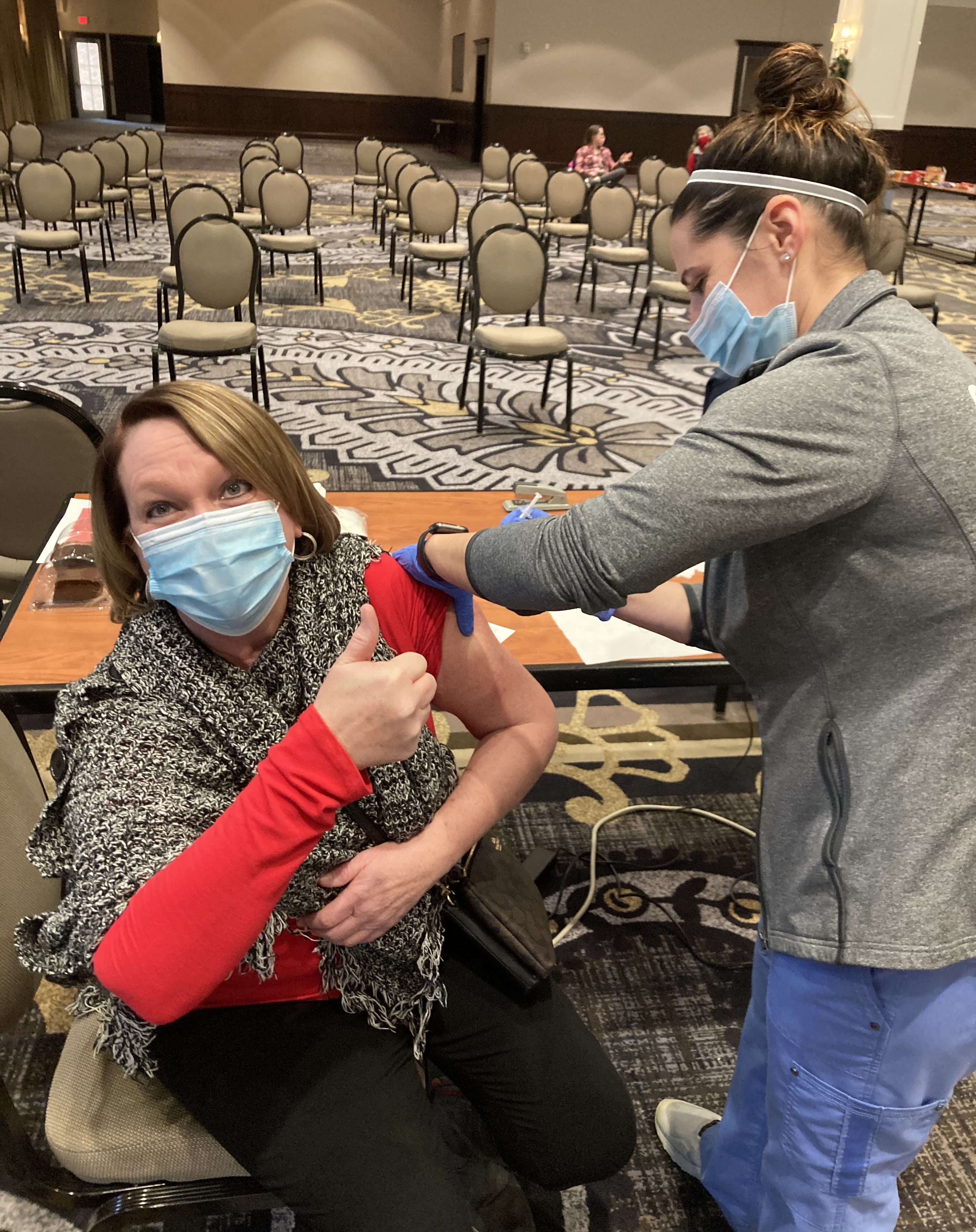
In last week’s Collegian issue, Ashley Kaitz argued that the long-term risks associated with the COVID-19 vaccine outweigh its potential benefits.
However, the societal and personal benefits of vaccination far outweigh the low-chance dangers related to the injection.
Almost every choice we make presents some inherent danger. Driving a motor vehicle in 2019 carried with it a 34% death rate in car crashes, according to the U.S Department of Transportation Fatality Reporting System. Delivering a baby in 2015 had a .0003% chance of death, according to the Centers for Disease Control and Prevention. Simply magnifying the 970 deaths which occurred after people were injected with the vaccine presents a fundamental flaw when over 31 million individuals had been vaccinated, according to Our World in Data. If we were to follow this argument to its logical extreme, people shouldn’t have a family because of the dangers of childbirth. People shouldn’t leave their homes because of the risks of being mugged. The list goes on. It would be absurd to cite such small odds as a proper defense for the argument against vaccination.
Additionally, Kaitz raises the prospect that the “conditional approval for emergency authorization” is a significant flaw with the vaccine’s development since most vaccines take decades to be authorized for general use. However, the FDA’s emergency authorization refers to prioritizing clearing standards. This means experimental treatments will move to the front of the line to clear the bureaucratic hurdles to distribute the treatment more quickly during public health emergencies like the COVID-19 pandemic. Throughout the emergency authorization process, the FDA maintains the same standards required for regular vaccines.
“COVID-19 vaccines are undergoing a rigorous development process that includes tens of thousands of study participants to generate the needed non-clinical, clinical, and manufacturing data,” the FDA said. “FDA will undertake a comprehensive evaluation of this information submitted by a vaccine manufacturer.”
Since the beginning of the pandemic, people have hoped and prayed for protection from the virus. Today, we have several different vaccines which make that dream a reality. Yet, some anti-vaccine arguments rely on a pseudo-scientific narrative of fear to dissuade people from choosing to vaccinate themselves from COVID-19.
Receiving a COVID-19 vaccine is not “submit[ing] unquestionably to the needle” nor a response to a simple “inconvenience.” It is a proactive decision that protects our loved ones and alleviates personal risk to our way of life. There are real-world consequences to every action, the question for people deciding whether to vaccinate should not be whether the vaccine is risky, but if the virus itself is a risk they are willing to bear.
Josh Hypes is a freshman studying politics.

